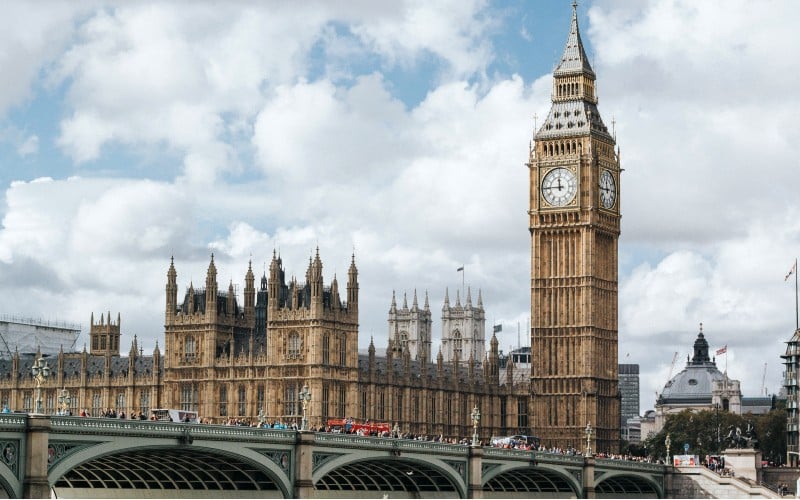The UK has recently imposed a myriad of new betting regulations that Ireland would benefit from following. Read on to discover how these acts can help punters gamble in a safer environment.
Which Betting Regulations Does Ireland Already Have?
Ireland already has strong laws on gambling which guarantee that punters are safeguarded to a satisfactory level when they wager. This includes:
• Betting Act 2015: on the 15th March 2015 Ireland signed this amendment which regulates licensing for bookmakers that also operate online. Essentially, betting sites must have a valid license to run on the internet, which is issued by the Gambling Regulatory Authority of Ireland. Betting sites like topbetting.ie claim that there are currently around 100 websites in Ireland with this license and 10 newly licensed bookmakers added in 2024. Without it, the site would be running illegally and in jeopardy of being shut down.
• Gambling Regulation Bill 2022: this has the purpose of regulating advertising and promoting safe gambling through pushing helpful resources, not only online but also in physical location. It established the Gambling Regulatory Authority of Ireland, which has the power to control bookmakers and their activities.
Which New Regulations Has The UK Adopted?
The UK has adopted betting regulations that Ireland may go on to follow. Generally, their aim is to maintain a safe environment when gambling, so that it continues to be a fun hobby instead of something that is harmful and damaging.
Imposing A Tax On Bookmakers
The UK has recently implemented a law whereby betting firms must pay a certain tax which will then be forwarded towards a number of services that help with education, therapy and the overall protection of punters that have suffered with a gambling addiction. One of these is the National Health Service (NHS). Subsequently, this funding will ensure that there is proper and adequate help for those who seek it.
Player Protection Risk Checks
Every player in the UK is subject to financial checks, which are a part of the player protection guarantee which safeguards punters that are exhibiting frivolous spending habits on betting. There are many behaviours which would alert authorities such as:
•Huge losses in a short period of time, especially close to when the account was opened
• Large deposits being made regularly
• Spending money close to the salary a punter is taking home
• The current financial status e.g. in debt or bankrupt
With the player protection checks, these risk factors would be considered and as a result, a punter may not be able to open a betting account.
Stake Limits For Online Slots
Stake limits have always existed in online betting, especially sportsbooks. Most betting sites have been encouraged to set maximum stake limits for between £2 to £5 depending on age for each spin. This helps to control the money spent on slot machines as it is considered much more risky than sports betting, thanks to the repetitive features which can easily become addicting. As a result, this will minimise the money spent on stakes and hence losses made.
Online Betting Changes
Arguably one of the main reasons that online betting has been so popular over the last few years is because it is aesthetic. Betting sites have interesting themes, mesmerizing graphics and captivating audios. In turn, this has the potential to lead to irresponsible behaviour. The UK has suggested that restrictions or bans should be made to:
• Spin speeds: fast spin speeds are overwhelming and overload the punter
• Praise: when money is won that doesn’t make the punter any profit it should not be celebrated
• Automatic play: when casino games automatically reload they do not ask the punter for agreement to keep going
Advertising Restrictions
Punters all around the world, including Ireland and the UK, are subject to advertisements for betting. Whether this be on television, magazines, newspapers, or third party websites. However, these advertisements are being regulated in the UK in many ways:
• No famous figures promoting betting sites
• Sportsbooks shouldn’t advertise during live games
• Sponsor concerns
• Avoiding aiming advertisements at children or young people
Raising Age Limit
Raising the age limit of those able to gamble goes hand in hand with restricting advertisement towards young people. In both Ireland and the UK you must be over 18 years of age to bet, but in the UK physical locations are encouraged to check the ID of anyone who looks under 25. The minimum age is in talks to increase.
Conclusion
Although Ireland and the UK have similar policies, the UK has recently implemented many new regulations and is set to put into effect more. Ireland will likely follow these rules if they prove to be successful, as the government is showing concern in this area.

